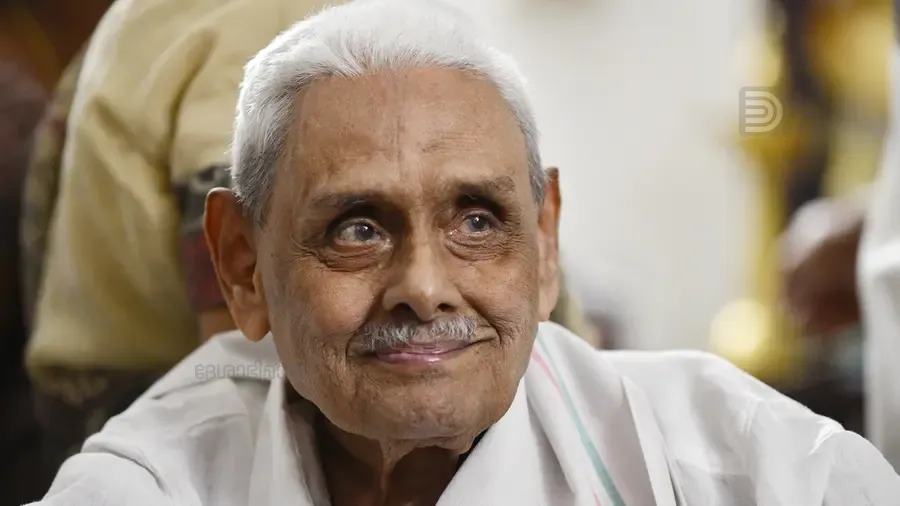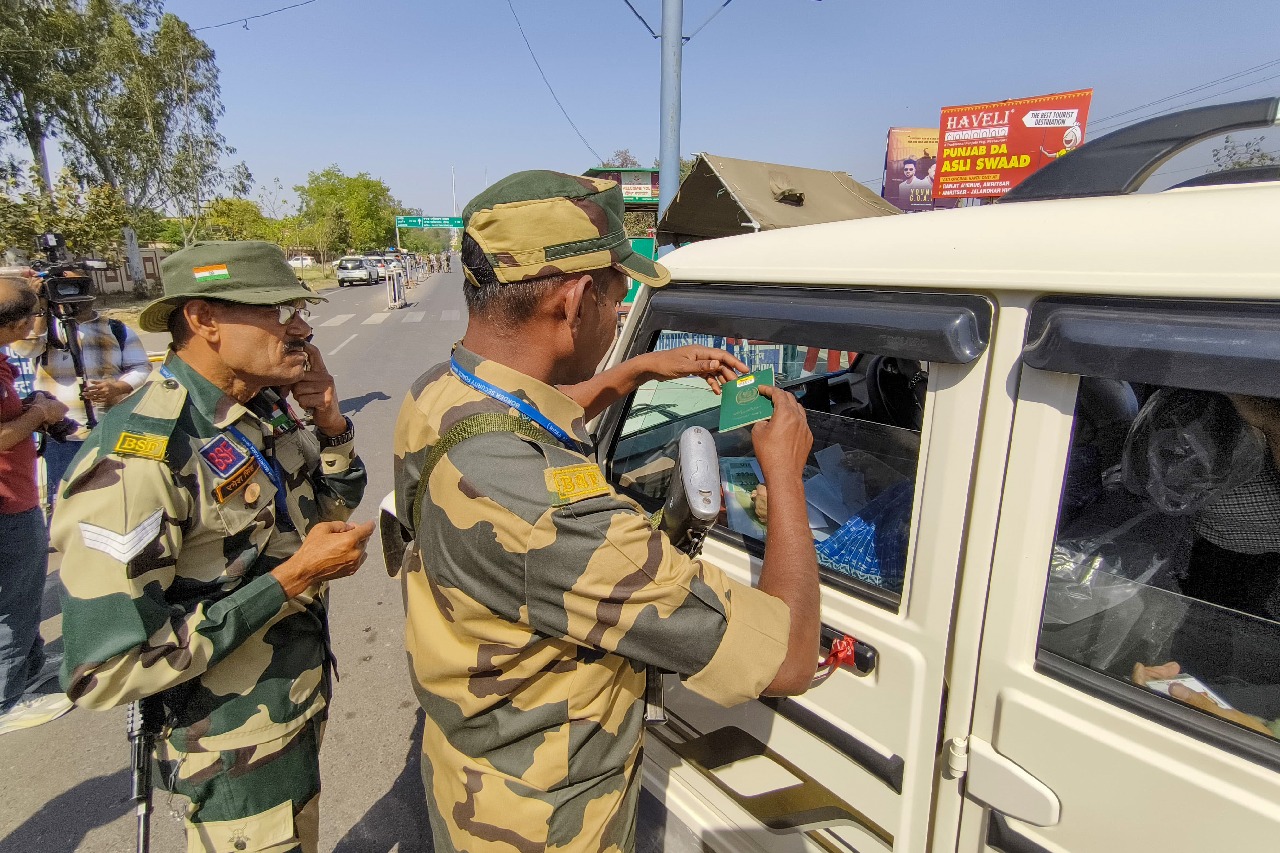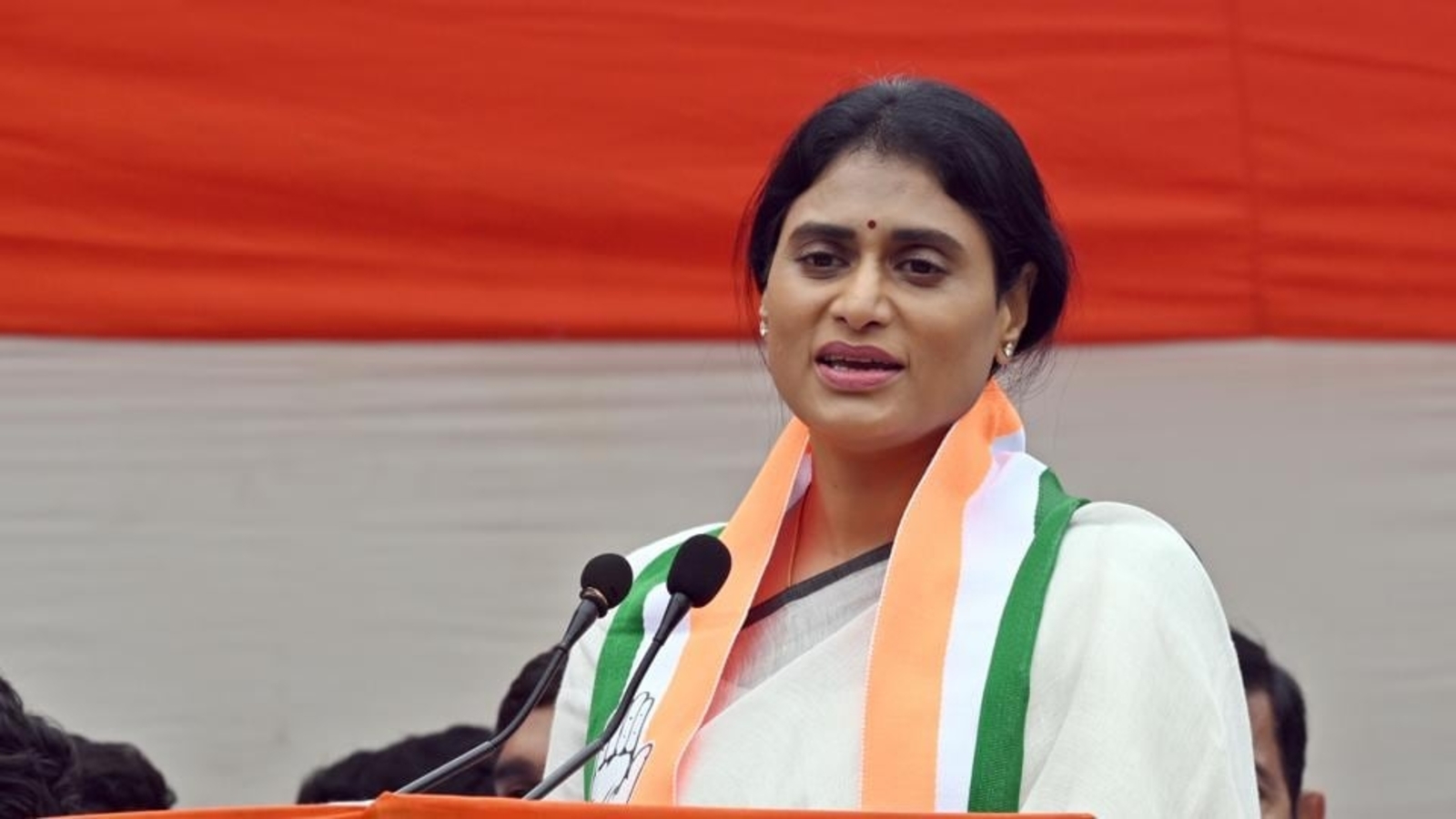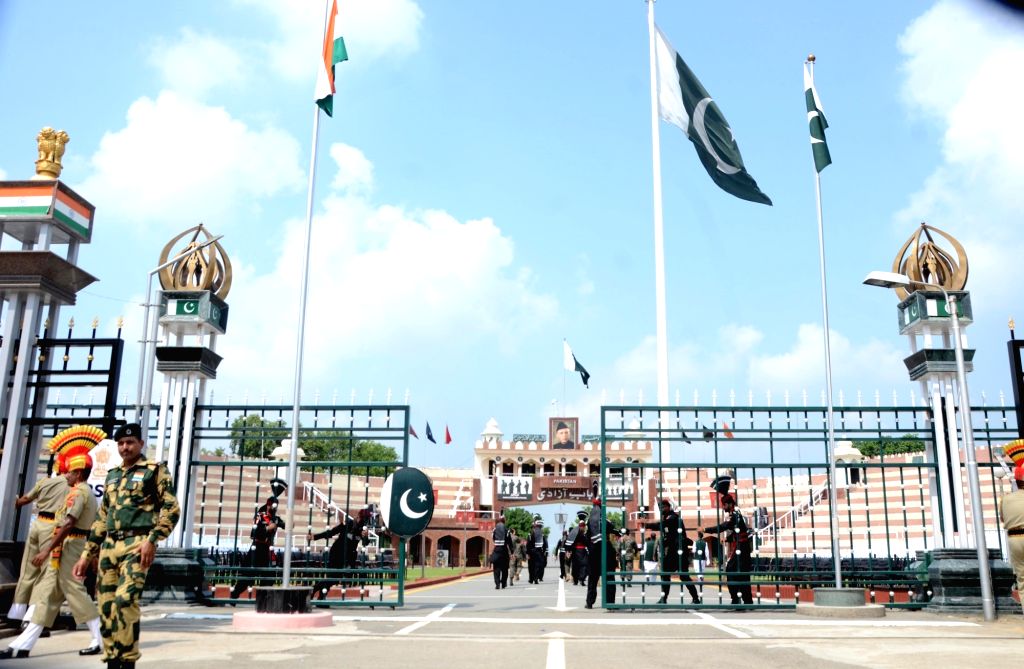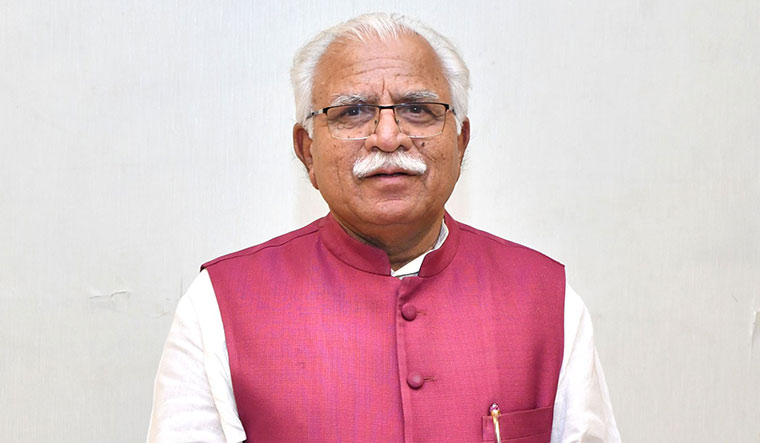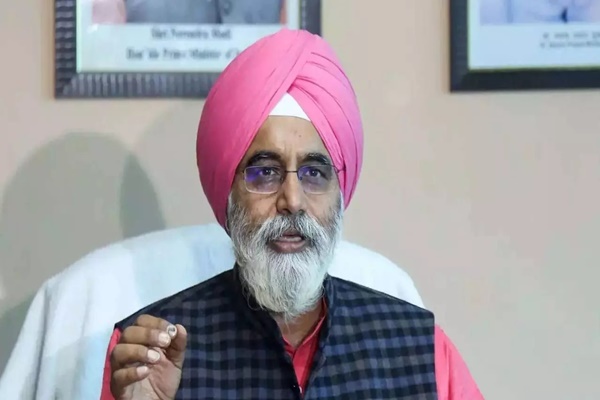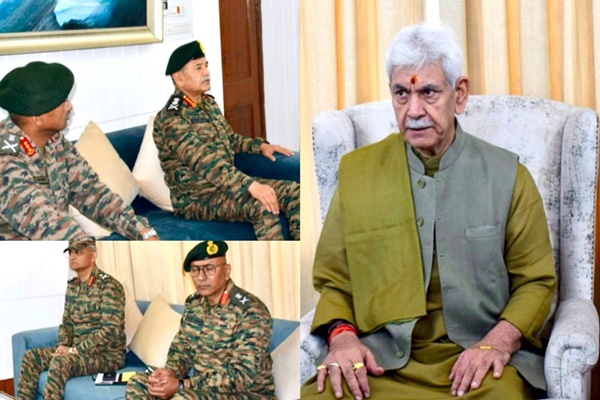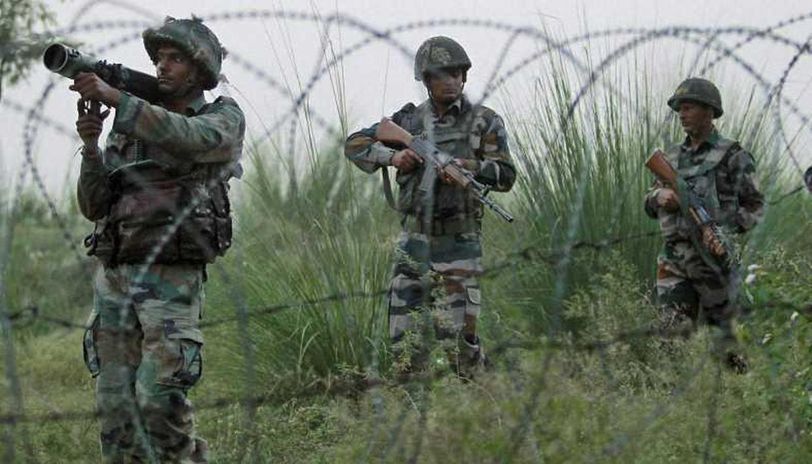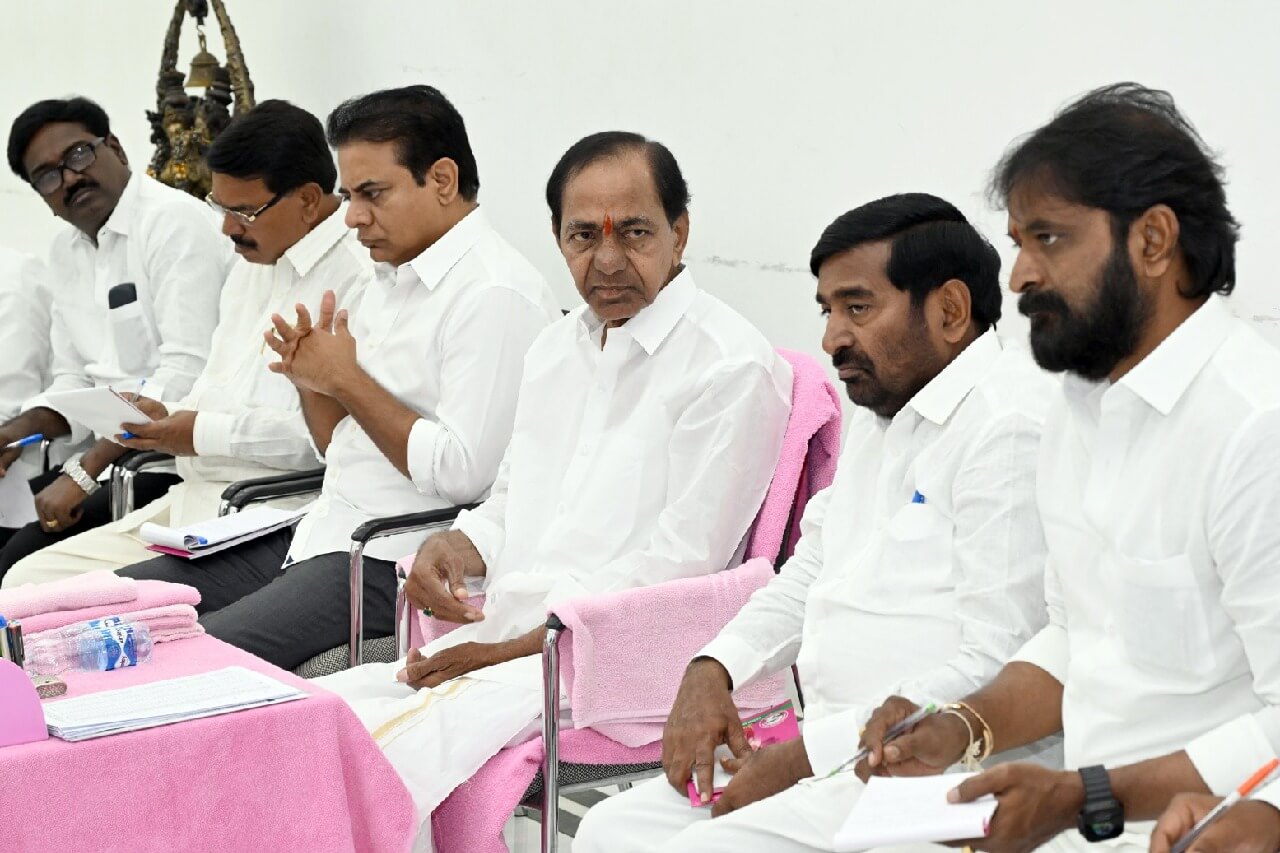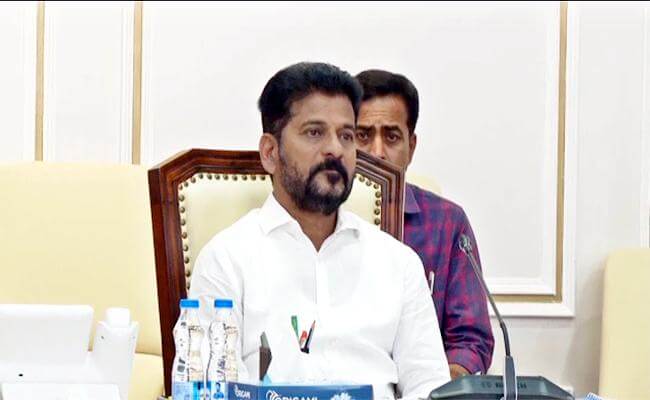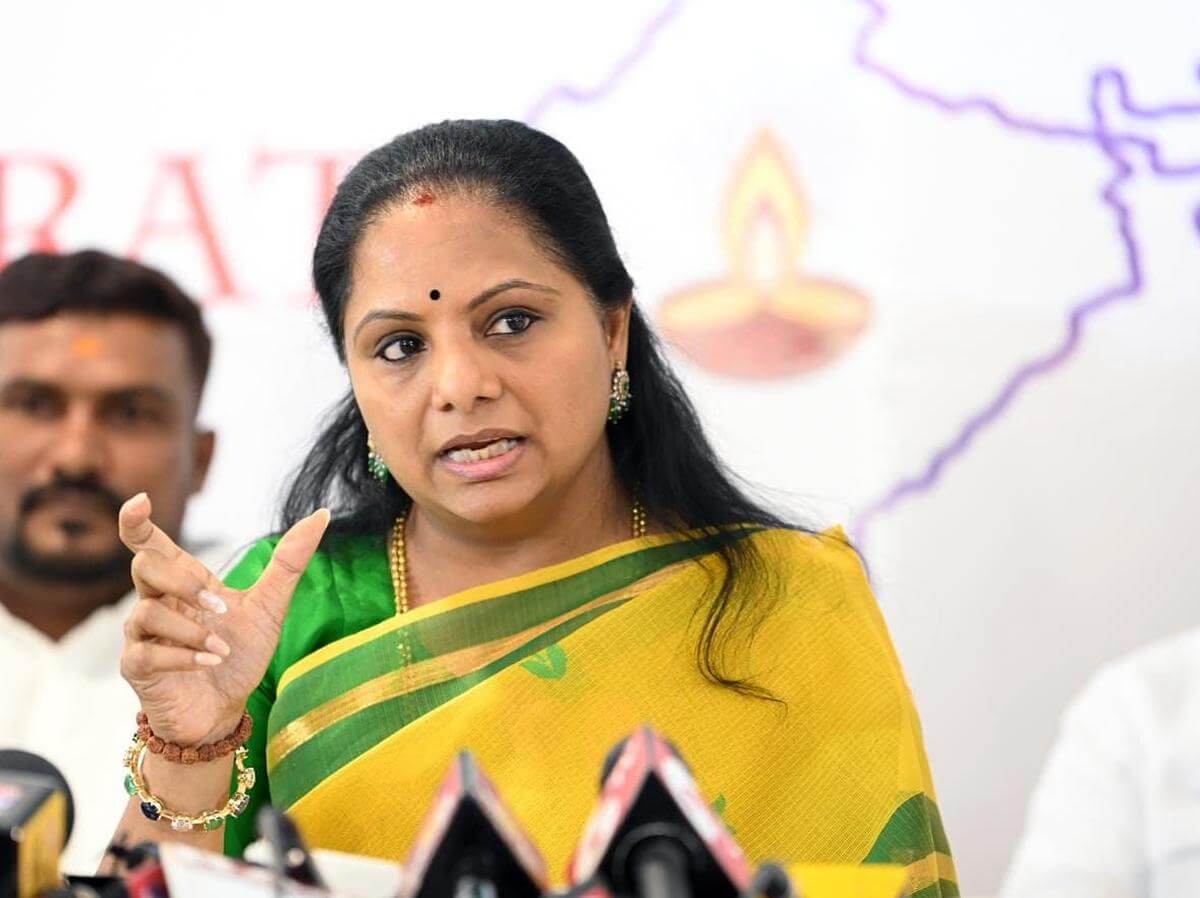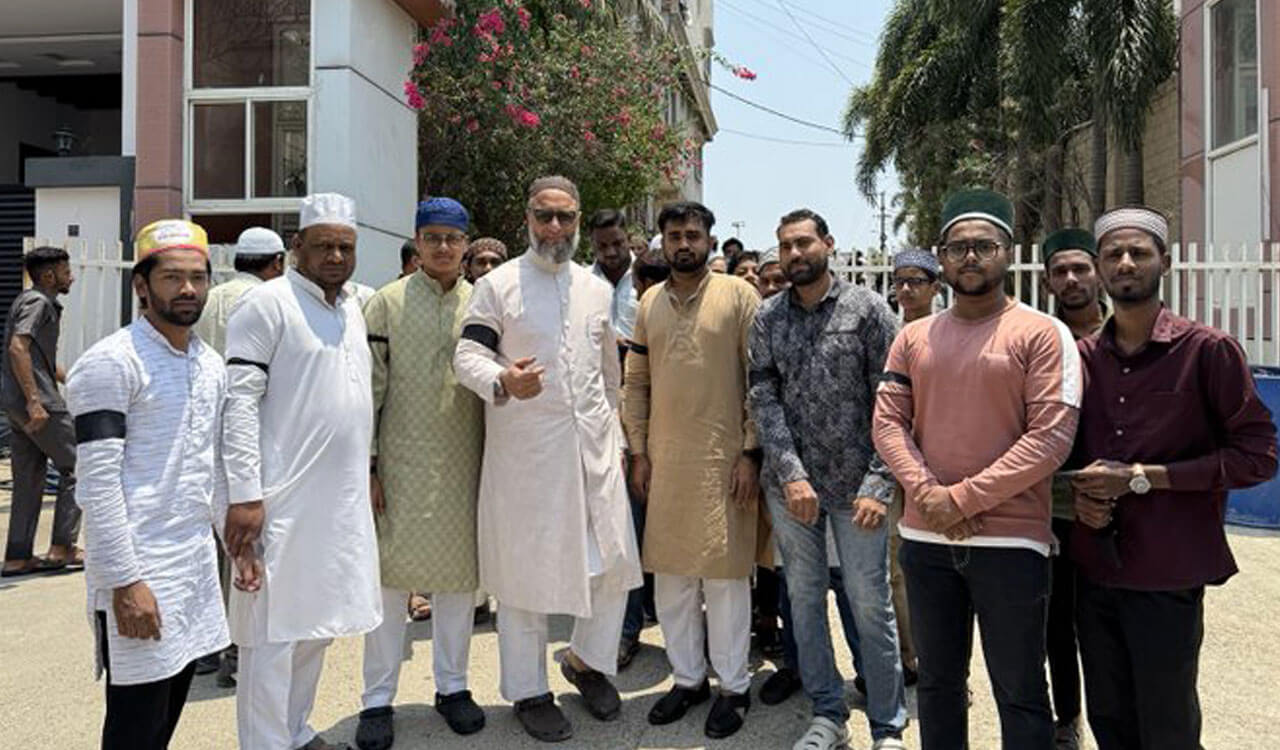Chandrayaan-3 mission achieves another historic feat with successful separation of Lander Module from Propulsion Module
Fri 18 Aug 2023, 10:32:30
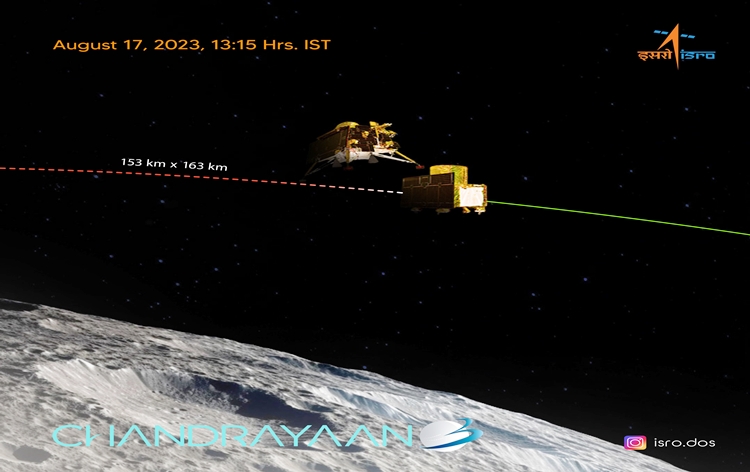
ISRO successfully separated Chandrayaan-3's lander module from the spacecraft's propulsion module yesterday. Following the separation, the Lander Module will undertake the rest of the journey to the Moon's surface independently. The lander - Vikram and rover - Pragyaan, are expected to land on the Moon on August 23. Yesterday's separation of the Lander Module from the Propulsion Module marks the completion of the lunar-bound maneuvers ahead of the soft landing.
The primary objective of the Chandrayaan-3 mission is to demonstrate a safe and soft landing, rover roving on the moon's surface, and in-situ scientific experiments. The lander and the rover are equipped with scientific payloads to carry out these experiments on the lunar surface. India's ambitious moon mission Chandrayaan-3
successfully completed its fifth and final lunar-bound orbit maneuver yesterday.
successfully completed its fifth and final lunar-bound orbit maneuver yesterday.
Chandrayaan-3, launched on July 14, consists of a lander module, a propulsion module (PM), and a rover. The spacecraft successfully entered lunar orbit on August 5, following which a series of orbit reduction maneuvers were carried out to position it over the lunar poles. The Propulsion Module, on the other hand, will continue its journey, studying the spectral and polarimetric measurements of Earth from lunar orbit.
It carries a Spectro-polarimetry of Habitable Planetary Earth (SHAPE) payload, aimed at aiding future discoveries of smaller planets in reflected light, which would qualify for habitability or presence of life.
No Comments For This Post, Be first to write a Comment.
Most viewed from National
Most viewed from World
AIMIM News
Latest Urdu News
Most Viewed
May 26, 2020
Do you think Canada-India relations will improve under New PM Mark Carney?
Latest Videos View All
Like Us
Home
About Us
Advertise With Us
All Polls
Epaper Archives
Privacy Policy
Contact Us
Download Etemaad App
© 2025 Etemaad Daily News, All Rights Reserved.

